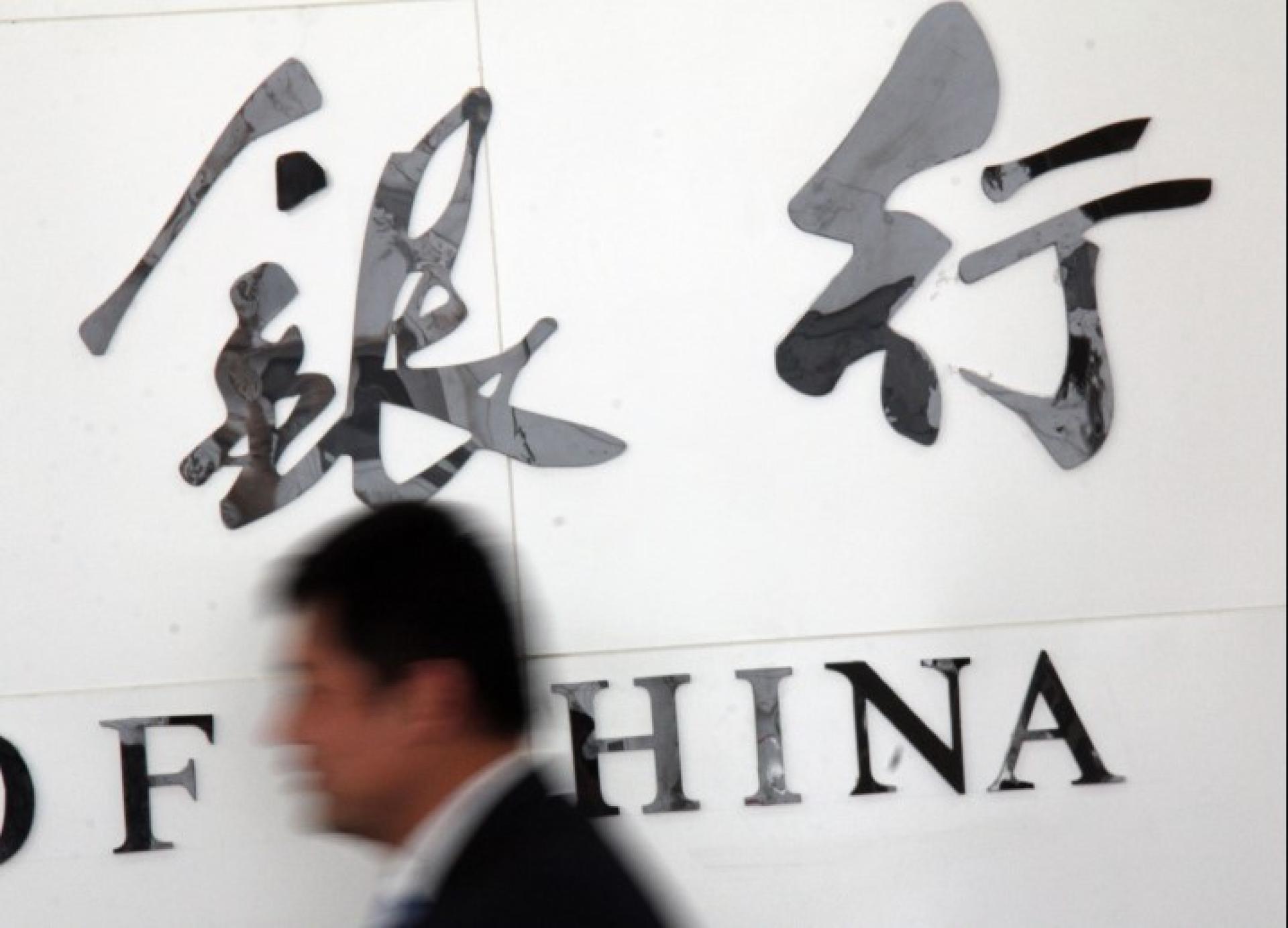Multiple banks in China have recently announced that they will clean up personal and corporate accounts with low balances and long periods of inactivity.
According to the China Securities Journal, Yichang Rural Commercial Bank in Hubei announced on Thursday (October 16) that it will carry out personal bank account clean-ups, including long-term dormant personal accounts, individuals opening multiple bank settlement accounts, and accounts with missing or expired identity information.
According to an incomplete tally by Shell Finance of Beijing News, since October, several local commercial banks such as Fengtai Rural Commercial Bank, Huludao Bank, and Zhijiang Rural Commercial Bank in Hubei have issued notices to further clean up long-term dormant personal accounts.
However, different banks use different standards. For example, regarding the length of time without transactions, banks' definitions range from one to three years; regarding the amount in the account, standards also vary, from balances of 10 yuan (RMB, below) or less to 100 yuan or less.
Industry insiders believe this move helps prevent telecom fraud, money laundering, and other financial risks, protects consumers' account and fund security, and improves bank operational efficiency.
Some industry analysts also point out that this action is not simply an account management optimization, but an inevitable choice for banks under the multiple pressures of risk prevention, resource allocation, and compliance operation, profoundly reflecting the inherent requirements of high-quality development in the financial industry.
“Further cleaning up long-term dormant personal accounts is a ‘required answer’ to policy guidance,” mainly to block the gray channels of illegal and criminal activities, while also helping to release the financial system’s sedimented costs.
According to the China Securities Journal, Yichang Rural Commercial Bank in Hubei announced on Thursday (October 16) that it will carry out personal bank account clean-ups, including long-term dormant personal accounts, individuals opening multiple bank settlement accounts, and accounts with missing or expired identity information.
According to an incomplete tally by Shell Finance of Beijing News, since October, several local commercial banks such as Fengtai Rural Commercial Bank, Huludao Bank, and Zhijiang Rural Commercial Bank in Hubei have issued notices to further clean up long-term dormant personal accounts.
However, different banks use different standards. For example, regarding the length of time without transactions, banks' definitions range from one to three years; regarding the amount in the account, standards also vary, from balances of 10 yuan (RMB, below) or less to 100 yuan or less.
Industry insiders believe this move helps prevent telecom fraud, money laundering, and other financial risks, protects consumers' account and fund security, and improves bank operational efficiency.
Some industry analysts also point out that this action is not simply an account management optimization, but an inevitable choice for banks under the multiple pressures of risk prevention, resource allocation, and compliance operation, profoundly reflecting the inherent requirements of high-quality development in the financial industry.
“Further cleaning up long-term dormant personal accounts is a ‘required answer’ to policy guidance,” mainly to block the gray channels of illegal and criminal activities, while also helping to release the financial system’s sedimented costs.
The People's Bank of China on Wednesday (15th) released the financial statistics report for the first three quarters of 2025, showing that in the first three quarters, RMB deposits increased by 22.71 trillion yuan, of which household deposits increased by 12.73 trillion yuan. The sustained high growth in deposits continues to reflect the huge consumption and investment potential of residents yet to be unleashed, and that consumer demand remains relatively weak.
